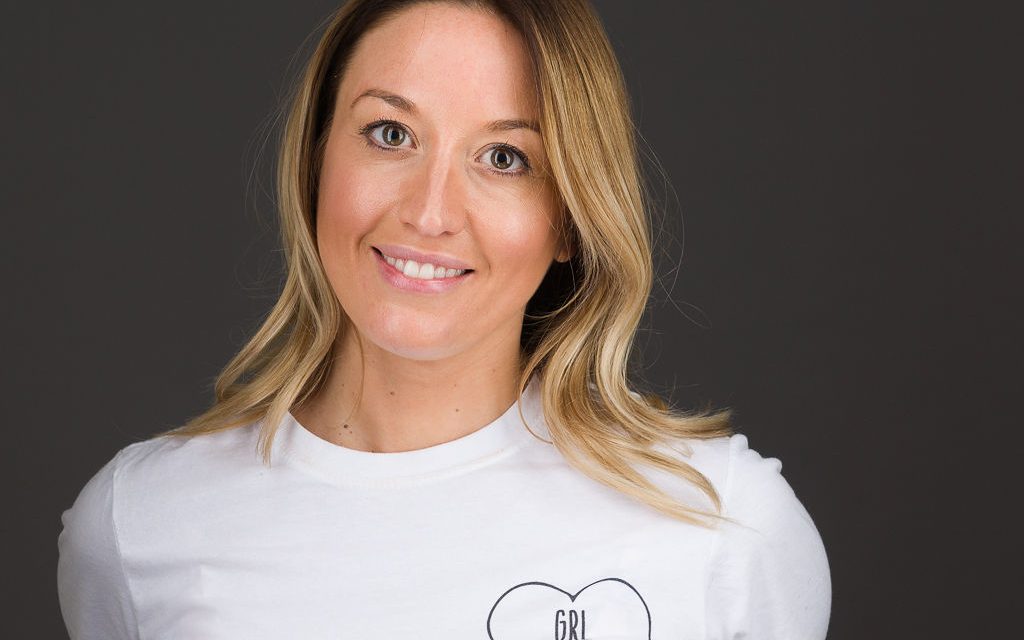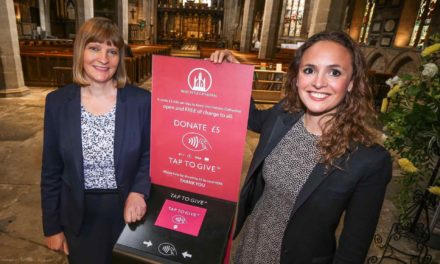As Christmas, and the end of a very challenging year approaches, Liz Clare, MD of health therapy provider Cell Regeneration, shares her thoughts on how to make, and keep New Year’s resolutions
Many of us like to make New Year’s resolutions, but how many of us keep to them
According to YouGov, in 2019 just under half (47%) of those who made New Year’s resolutions say they managed to keep some, but not all. Another 28% say they kept none of their resolutions.
Despite this, Britons are willing to try again, and 27% of Britons say they are planning on making commitments for 2021…
I can imagine this year it was a lot trickier to keep resolutions, what with gyms closing, not being able to travel, or see family and friends.
In fact, this new year will be different from any that has come before.
2020 was the year that slowed us down and perhaps made us reflect upon our lives more than ever. National restrictions meant our freedoms of movement and choice, health, and seeing loved ones were threatened in ways we had never previously experienced.
So are the impending resolutions more important than ever? Or just more poignant? Given everything we’ve been through, will they be harder to keep?
I feel it is important to make resolutions as we try to reflect upon and better ourselves. I have an overall vision of how I would like my life to be, so to me, my resolutions are the steps I need to take on that journey to achieve my desires.
I would like to share my process and my resolutions here, and I hope the following steps help you to make resolutions that you can keep
-
Decide on your resolutions:
What are your resolutions for 2021? What did 2020 teach you? What is important to you? What makes you feel excited with the thought of accomplishing them?
More than ever this year, I learnt that seeing my family and friends is important to me. I have also really missed experiencing other cultures. I am dearly hoping for more freedom in 2021, and if that is possible, my first resolution is to travel more, either to the places I miss or have never been before.
I have also embraced how truly important health is. So, for my second resolution I am going to learn more about myself and my body, and continue to stay as fit and healthy as possible. My third one is to buy a house! Something I have wanted to do for a long time but have lacked the means until now.
-
The difference between ‘knowing’ and ‘doing’:
We know what we should be doing, it’s the actually doing it that’s the hard part. We know we need to do regular exercise, we know that smoking is bad for us, we know that we should stay hydrated, and we know that by keeping our physical self strong and fit, we benefit our emotional state. By taking the steps to reduce stresses on our body, it will give us better sleep, clarity of thought and ability to manage pressure – all of which can help us to succeed in achieving our New Year’s resolutions.
-
Hold yourself accountable:
Only we can make ourselves accountable and my suggestion would be to make a plan. Do it in 12-week increments and spend time every week working towards those goals. Make it a ritual: perhaps on a Sunday, make a point of sitting down to recap and plan the next week. One of my favourite productivity books is ‘The 12-Week Year’ by Brian P. Moran and Michael Lennington, which I use whenever I need a bit of help getting back on track.
-
The importance of your mindset:
Keep your mind focussed on what you want to achieve, reminding yourself on a daily basis, and fixing your mindset to one of success and positivity. Tell yourself “I will achieve my goal”. This will help you keep to your resolutions.
We should always be evolving emotionally and physically, so if you keep your mind focussed on why you are making these resolutions, it helps you to stick with them. For example, if you make a resolution to get yourself healthier in 2021, your end goal might be to complete couch to 5k. So by keeping that clear in your head you can picture the end result, making it easier to get out running on a cold morning.
-
The smaller habits are the easiest to change:
For instance, to achieve better health, you could start by cutting out alcohol in the week, or changing your food shopping habits and buying organic wherever possible. Use the stairs instead of the lift, and pace when you take a phone call. By taking these small steps towards a big goal such as the C25K, you will make significant inroads into your journey and increase your chances of success, making the overall resolution much easier to keep.
-
Choose your influences:
I’m referring not just to the people you hang out with, but to the social media accounts that you follow. Be sure to look at a variety of influences surrounding you. A little tip – do not start with Facebook. Follow Instagram accounts of genuine, inspirational people, living healthy lives and succeeding at the things you want to achieve. Ask yourself: what do you want, who do you want to be? By keeping track of accounts like gyms, physiotherapy clinics, personal trainers and athletes, you will find yourself influenced and inspired regularly, helping your resolve when it comes to keeping your resolutions.
















